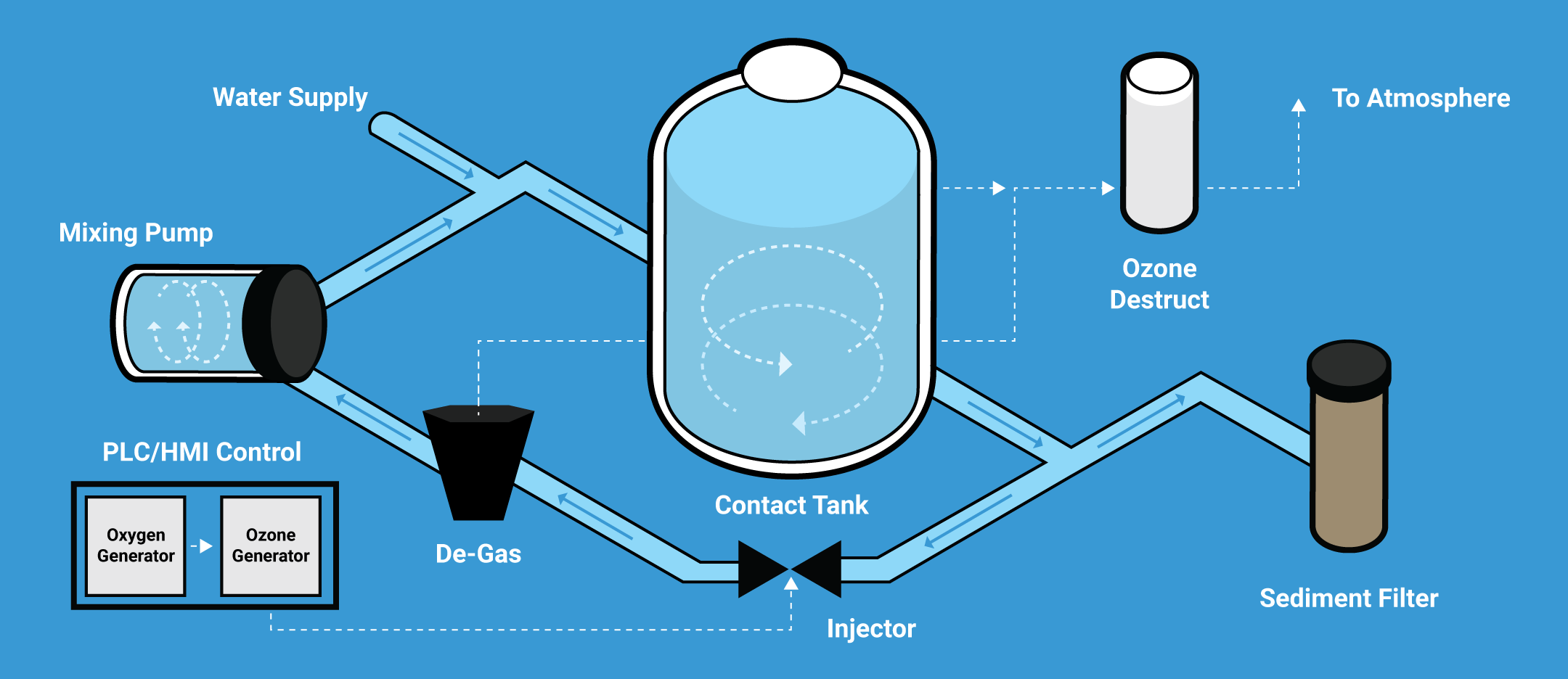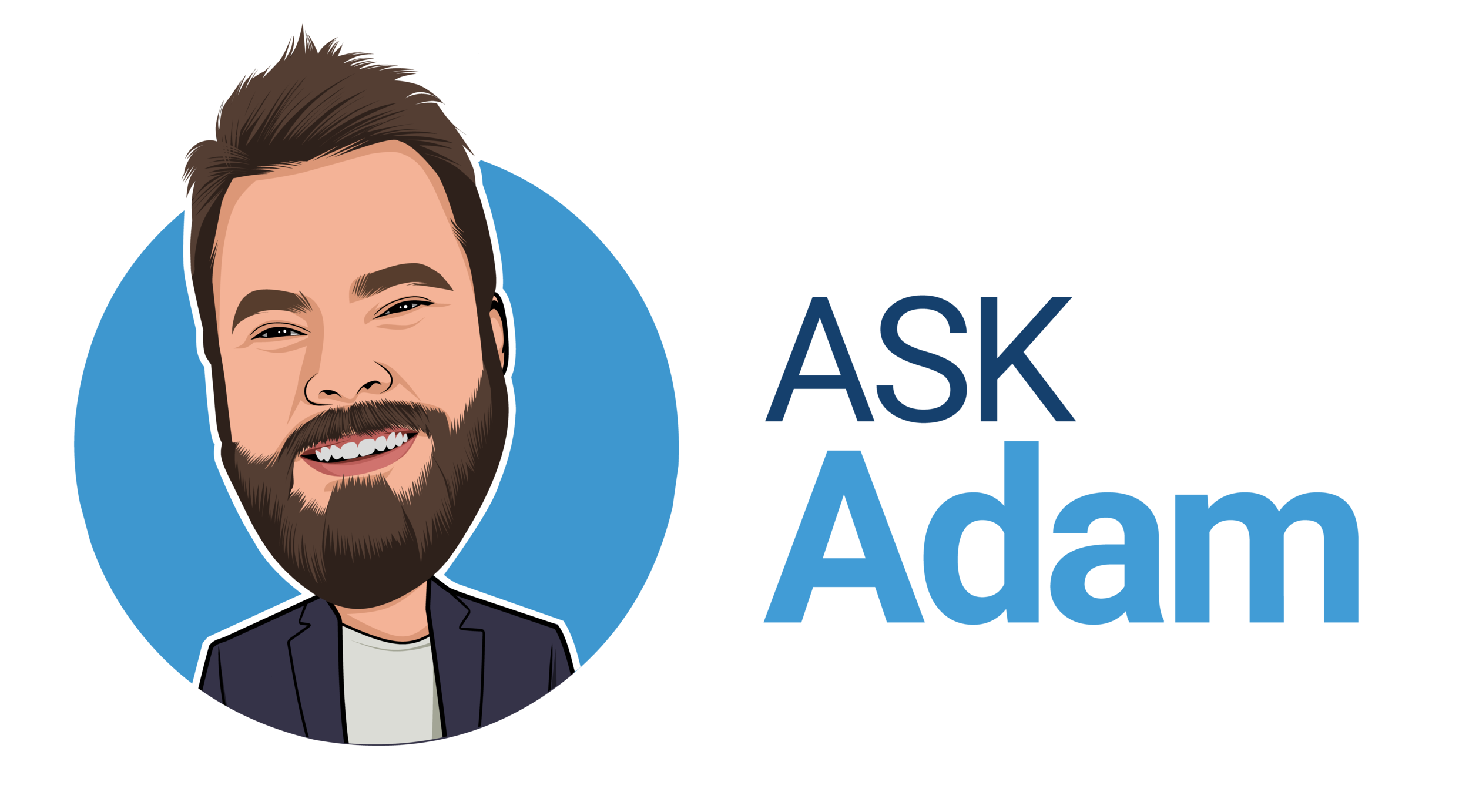
Car Wash - Water Reuse, Process Water
Car Wash
Ozone is a sustainable and environmentally safe treatment for car wash process water and water reuse.
Water reclamation and reuse is for car washes is growing due to the strong treatment assurance, economic and environmental impacts. Ozone is a chemical-free solution that offers the strongest disinfection for bacteria, virus, cysts as well as metals, organics and other contaminants. A superior clarifier to remove odour and colour for premium reuse water.
Ozone Advantages for the Car Wash Industry
Ozone is increasingly used in the Car Wash industry because it has numerous advantages over traditional treatment methods. Ozone can treat incoming water to premium quality and/or treat wastewater for reuse. Supplementing or replacing an existing system with an ozone system has the potential to boost a company’s advantage over its competitors.
Ozone Has The Following Advantages For Car Wash Industry:
✓ It Is Chemical-Free And Breaks Down To Oxygen After Treatment; Less Spotting
✓ Disinfects And Treats Water Quickly, Without Chemicals
✓ Low OPEX; Approx 3-5cents/1000Litres
✓ Comprehensive Treatment - Metals, TSS, Organics, In-Organics, CEC’s
✓ Removes And Colour, Or Odour; Safer Than Chlorine For Vehicle Paint And Chrome
✓ Enables Greater Water Conservation And Re-Use Of Wastewater
✓ Fully Automated/Self-Run, No Consumables; Minimal Maintenance
✓ Produced Onsite And On Demand, Removing The Need To Purchase, Store And Physically Handle Chemicals.
Ozone Water Treatment
Is chemical-free and a sustainable solution;
Is fully automated with remote access, for ease of use and integration;
Completely disinfects and removes contaminants, including colour, for assured re-use quality;
Reduces or eliminates fees on discharge and incoming water;
Has low life-cycle costs with a quick ROI.
Aclarus Ozone Systems Overview
Aclarus Ozone systems generate ozone on-site, with an ozone level calibrated for each application and flow rate. The systems are scalable to accommodate small to large-scale operations and they offer advanced ozone generation, mixing and control systems for reliable and accurate treatment.
Aclarus systems are easily retrofitted into existing facilities and are modular, to allow expansion when required. They can range from simple on/off systems to fully programmable control systems with remote monitoring, alarm integration, ozone dose control and more.
Aclarus’ advanced saturation systems maximize ozone transfer into water at an average of over 90% compared with traditional transfer rates of approximately 10%. Using inline monitors, the water is measured for automated control to either increase or decrease the ozone level to remain at a setpoint for optimal function.
Following ozonation, the water is filtered and then ozone is either removed for incoming use or remains in the water for use in sanitation. In many cases ozone can work in a closed loop CIP to greatly lessen water use and waste.
Aclarus Ozone systems also remove excess ozone from the water and destroy it, limiting potential off-gassing by using integrated air monitors for safe workspaces.
Cost Comparison
There is a common perception that ozone is an unaffordable approach to water treatment. In fact, the average operational cost of the Aclarus Ozone System is approximately 5-10 cents per 1,000 litres of treated water, offering the lowest Lifetime Operating Cost (LOC) compared to other technology and a quick Return on Investment.
Aclarus Ozone systems are found in a wide range of applications, including industrial and municipal operations, precisely because they are a cost-effective and reliable treatment. Aclarus advanced and affordable designs have brought ozone to multiple markets that have not previously used ozone.
References
Almomani, F. A., Shawaqfah M., Bhosale, R. R., Kumar, A., 2016. Removal Of Emerging Pharmaceuticals From Wastewater By Ozone-Based Advanced Oxidation Processes. Environmental progress and sustainable energy, American Institute of Chemical Engineers, Environ Prog.
Canut, A., Llorca, I., Soro, R, Pascual, A 2013. Reducing costs by integrating ozonated water in the CIP systems Research Association for Food Industry (ainia). Quality, food safety and environment department Valencia.
Djap, M. A., Yargeau, V., 2015. Removal Of Contaminants Of Emerging Concern (CECS) From Wastewater Using Pilot Ozonation Technology. Thesis paper, Department of Chemical Engineering McGill University, Montreal
Hanley-Onken, Erika 2013. Ozone: A New Water Management Paradigm. Pharmaceutical Manufacturing Magazine.
Szabová, P., Hencelová, K., Sameliaková, Z. et al. 2020 Ozonation: effective way for removal of pharmaceuticals from wastewater. Monatsh Chem 151, 685–691 (2020).
Do you have an ozone related question?
Read past responses or submit your question for Adam Doran Aclarus Co-Founder!





